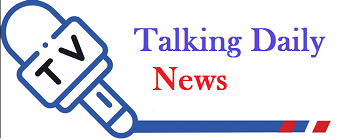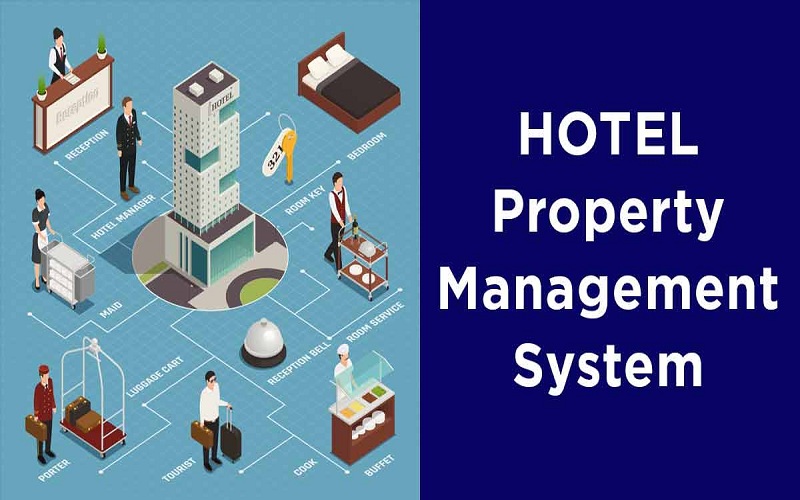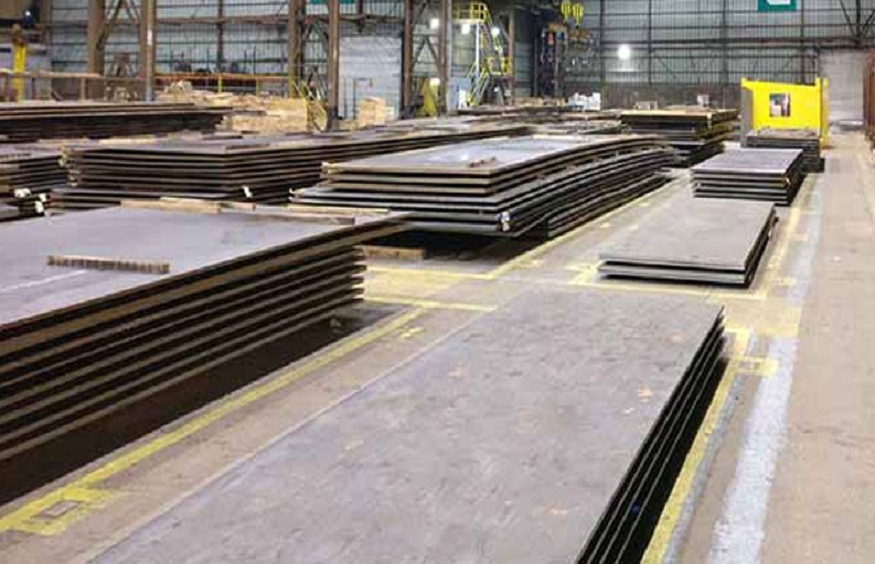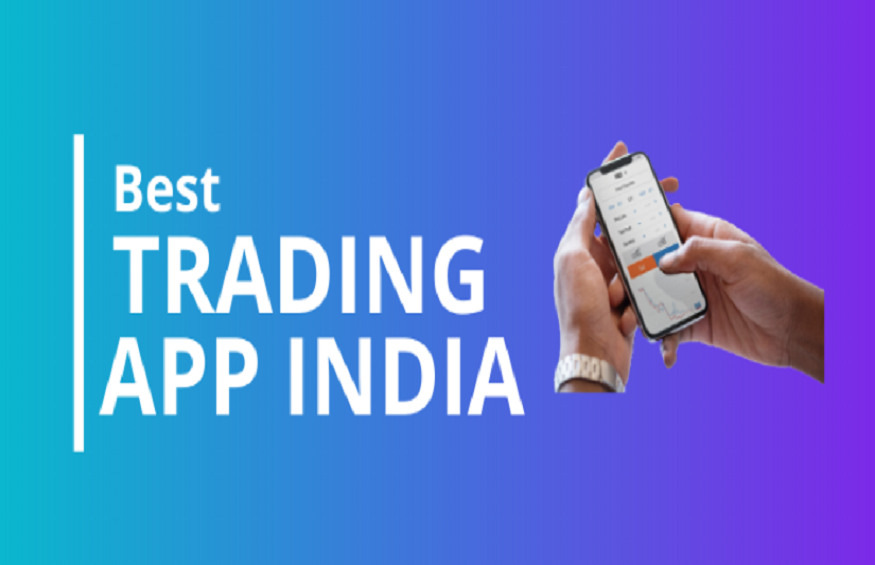One of the most essential tools for hotels and other lodging companies to streamline operations is a property management system (PMS). A well-implemented PMS can help uncover seamless guest experiences and operational efficiencies by centralizing important data and procedures. This article will examine the several ways that a PMS facilitates integrated with Hotel Management System various divisions.
Bookings and Reservations
Effective reservation management is essential at the beginning of a guest’s stay. Employees may quickly examine availability, accept and handle reservations, gather payments, and create contracts with the help of a PMS. To sync rates and availability, it interfaces with popular meta search websites and online travel companies. Internal reservations for meetings, events, and other group activities are managed by the PMS as well. Appropriate pricing and room allocation are guaranteed by detailed booking policies and rate management.
Operations in the Front Office
Check-in and check-out should go smoothly when visitors arrive. These procedures are automated by the PMS, which also processes payments and deposits, assigns and maintains rooms, checks IDs, and gives keys and keycards. Additionally, it makes quick or mobile check-in and check-out possible. The PMS hotel provides staff with real-time visibility into occupancy information such as in-house guests and anticipated arrivals and departures throughout a guest’s stay. The front desk experience is improved by features like digital folios and contactless payment alternatives.
Cleaning Services
In any hotel, housekeeping is an important division. The PMS simplifies the tracking of supplies and linens, cleaning assignments, and room status management. Employees can track turnaround times, rotate room assignments, and improve cleaning schedules with its help. Efficiency is increased by digital checklists and two-way communication with housekeeping carts and equipment. Problems are avoided with automated alerts concerning visitor requests or unique cleaning requirements. Green efforts are supported by integration with energy and sustainability systems.
Consumption and Drinking
The PMS makes reservations, event management, and digital menus easier for eateries, bars, and banquet venues. It manages the invoicing for banquets, events, and in-room dining. Food and beverage establishments can operate more efficiently with features like labor scheduling, recipe costing, and inventory management. Additionally, the PMS facilitates contactless ordering and payment for improved visitor experiences.
Revenue Management and Accounting
A comprehensive picture of financial and operational KPIs is provided by the PMS’s extensive reporting options. Employees can examine data using criteria such as revenue center, department, and date period. It facilitates rate optimization, forecasting, and budgeting. Processes related to billing accounts receivable/payable and night audits are streamlined by close interaction with accounting software. Financial management is enhanced by automated expense allocation and revenue recognition.
Marketing and Sales
In many ways, the PMS aids in marketing and sales. Targeted campaigns benefit from detailed guest profiles and stay histories. Employees get access to reports on corporate clients, top-producing travel agents, and group businesses. Consistent guest data is ensured throughout touchpoints through integration with CRM systems. Sales teams may close more deals with features like digital content libraries, lead management, and RFP answers. Additionally, packages, dynamic pricing, and promotional programs are supported by the PMS.
Upkeep Supervisory
The PMS facilitates work orders, preventative maintenance programs, and asset management to keep facilities and equipment in excellent condition. It uses automatic replacement and warranty notifications to monitor the lifecycle of assets. Response times are shortened with digital work orders that include tool/part requisitioning. An all-encompassing picture of the property infrastructure is provided via integration with facilities management systems. It guarantees observance, security, and a satisfying visitor experience.
Mobility Features
Native mobile apps and completely responsive design are features of a contemporary PMS. It gives employees flexibility no matter where they work. The contactless experience is improved with features like in-app check-in and check-out and digital guest directories. Managers have mobile access to dashboards and information. Teams in charge of housekeeping and maintenance employ mobile technology to expedite chores. A hotel’s IT infrastructure enables flawless operations across all touchpoints with the correct PMS.
Integration of Systems
A PMS needs to have robust integration capabilities to truly enable smooth operations. The system needs to be able to safely and instantaneously share data with the other main systems of a hotel. For rates and availability to be in sync among online travel agents, there must be close connectivity with channel management. Additionally, the PMS must be integrated with smart room technology, in-room tablets, on-property guest apps, and digital signage.
To simplify financial reporting, the PMS back-end connects with accounting programs like QuickBooks. To give marketing, sales, and service departments a single view of guest profiles and histories, it also exchanges data with CRM platforms. Precise timekeeping is ensured by integration with payroll and HR systems. The PMS exchanges vital information to power an integrated technology ecosystem, functioning as the ecosystem’s central nervous system.
Information Analysis
Sophisticated technologies for business intelligence and reporting enable managers to extract meaningful insights from operational data. Metrics like revenue per available room (RevPAR), occupancy rates, average daily rates, and revenue by date, market segment, booking channel, among other dimensions, can be analyzed by managers.
Data analytics aid in forecast accuracy improvement, pricing strategy optimization, and opportunity identification for generating additional revenue. Continuous improvement is facilitated by insights into staff productivity and guest pleasure. Drilling down to specific transaction information is made possible by integration with data visualization systems. Advanced analytics identify patterns and anomalies to present practical suggestions for improved performance.
Computational Intelligence
Artificial intelligence capabilities are starting to be included in state-of-the-art PMS solutions. With intelligent process automation, artificial intelligence assists in automating tedious activities. Basic guest inquiries are handled by chatbots and virtual assistants without the need for human participation. Audits of computer vision-powered rooms identify maintenance problems. Predictive algorithms suggest the most successful marketing strategies based on historical booking patterns.
Conclusion
To summarise, the key to enabling smooth operations at hotels and other lodging establishments is a well-designed property management system. A PMS assists in providing integrated management across reservations, front office, housekeeping, F&B, sales, maintenance, and more by centralising data and optimising critical procedures. It offers the technological foundation for better financial performance, increased guest experiences, and operational excellence. A PMS is a priceless tool for any hotel looking to maximise operations and reach new heights of success when properly implemented.





